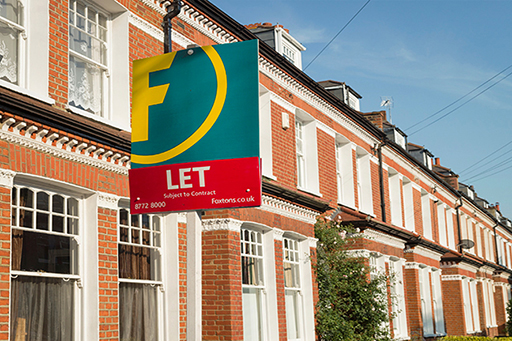14 Understanding property investment
For many years property has become a serious alternative to other kinds of investments.
For most people the biggest investment they have – excluding that held in their pension fund – is in their own home. Check this yourself if you own your home – work out the difference between the market value of your home and the remaining mortgage you may have on it. This difference is called the ‘equity’ you hold in your property, and it could amount to a very large sum for those who have paid off their mortgage or are close to doing so.
You may see your primary home as an investment, as well as a place to live in, as you hope it will rise in value. Alternatively, you could invest in a second (or third, fourth, etc.) home, though note that if selling anything other than your primary home, you will have to pay Capital Gains Tax (CGT) on any profit made. And when buying anything other than your primary home then you pay additional stamp duty too.
There are a number of ways property investment can be profitable.
You may buy in an ‘up and coming’ area where property prices rise more than the average; you could buy at below the ‘true’ market value; or you could add value to a property by finding, for instance, a run-down home suitable for refurbishment and, when completed, sell at a profit over and above the total cost of the purchase, interest and refurbishment. Yet it is possible that your property could fall in value for many different reasons.
You may also make money simply from the rent generated from properties, though many landlords use that income to make mortgage payments, keep the property maintained to a high standard and for extra costs. So they rely on house price growth as the way to grow the value of their investment. The risk here, though, is that you can’t find a tenant so you may struggle to pay any mortgage.
An alternative way to invest in property without directly owning specific properties is through investment funds – particularly Real Estate Investment Companies (REICs).

